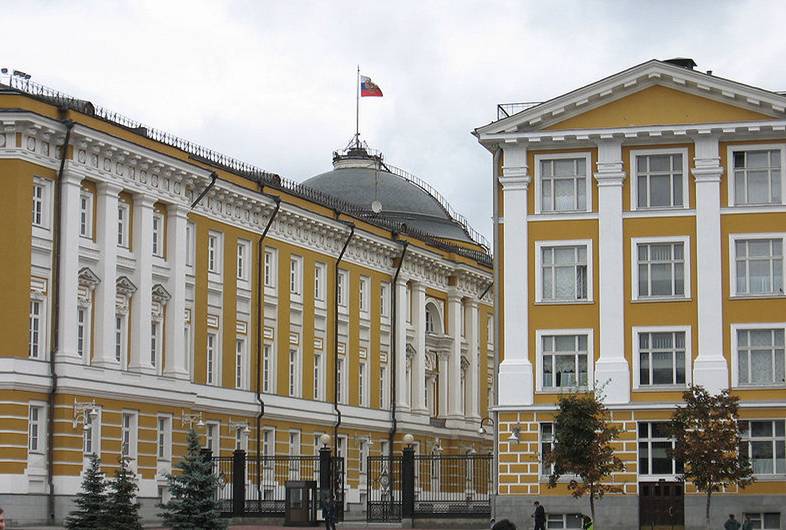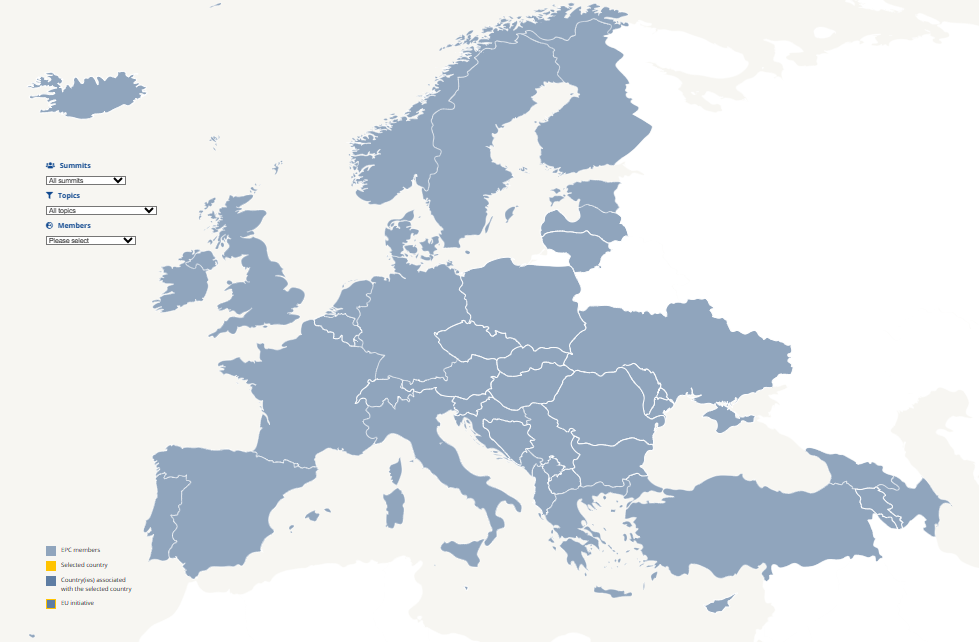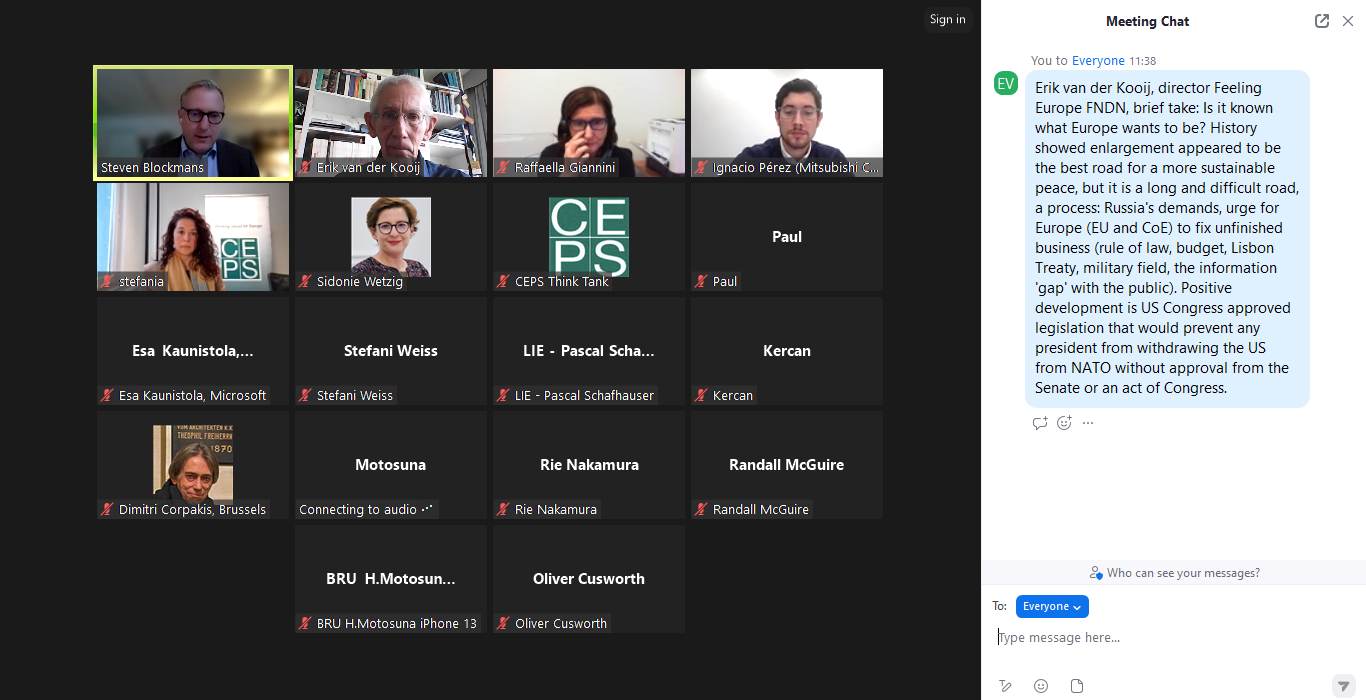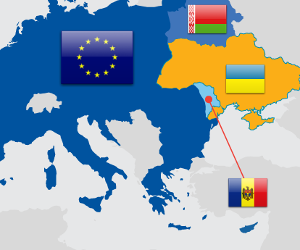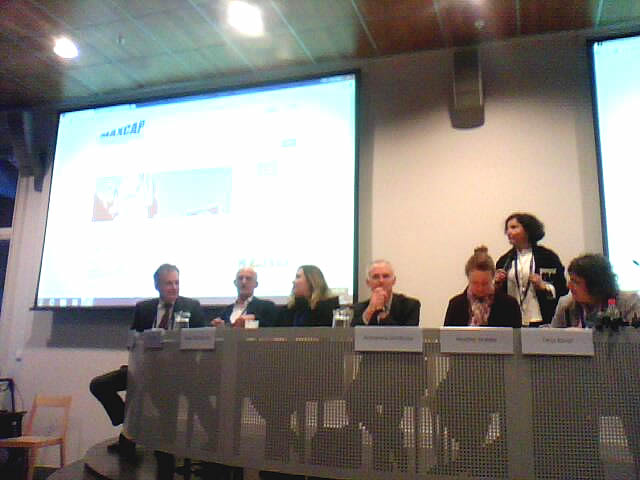The European Political Community aims at:
- strengthening the links between EU member states and Non-EU member states who share the same European values,
- increasing cooperation between the member countries on a large scale of topics such as peace, security, energy, climate, migration and the current economic situation,
- allowing candidate states to start taking part in some European projects, such as student and university exchanges.
Following a bilateral summit meeting between the leaders of the United Kingdom and France on 10 March 2023, it was stated in the joint declaration that the EPC should focus on energy, infrastructures, connectivity, cybersecurity, countering disinformation and migration. During the meeting 1 June, 2023,
joint efforts for peace and security and energy resilience and connectivity and mobility in Europe
was discussed.
(1) 23 and 24 June 2022, the European Council held a strategic discussion on the European Union’s relations with its partners in Europe. It discussed the proposal to launch a European political community. What, who and how? The aim is to offer a platform for political coordination for European countries across the continent. It could concern all European countries with whom we have close relations. The objective would be to foster political dialogue and cooperation to address issues of common interest so as to strengthen the security, stability and prosperity of the European continent.
Such a framework will not replace existing EU policies and instruments, notably enlargement, and will fully respect the European Union’s decision-making autonomy. Building on this first exchange of views, the European Council will revert to the issue. |


